5 Things Singles Should Know Before Buying Their First Private Home
February 1, 2021
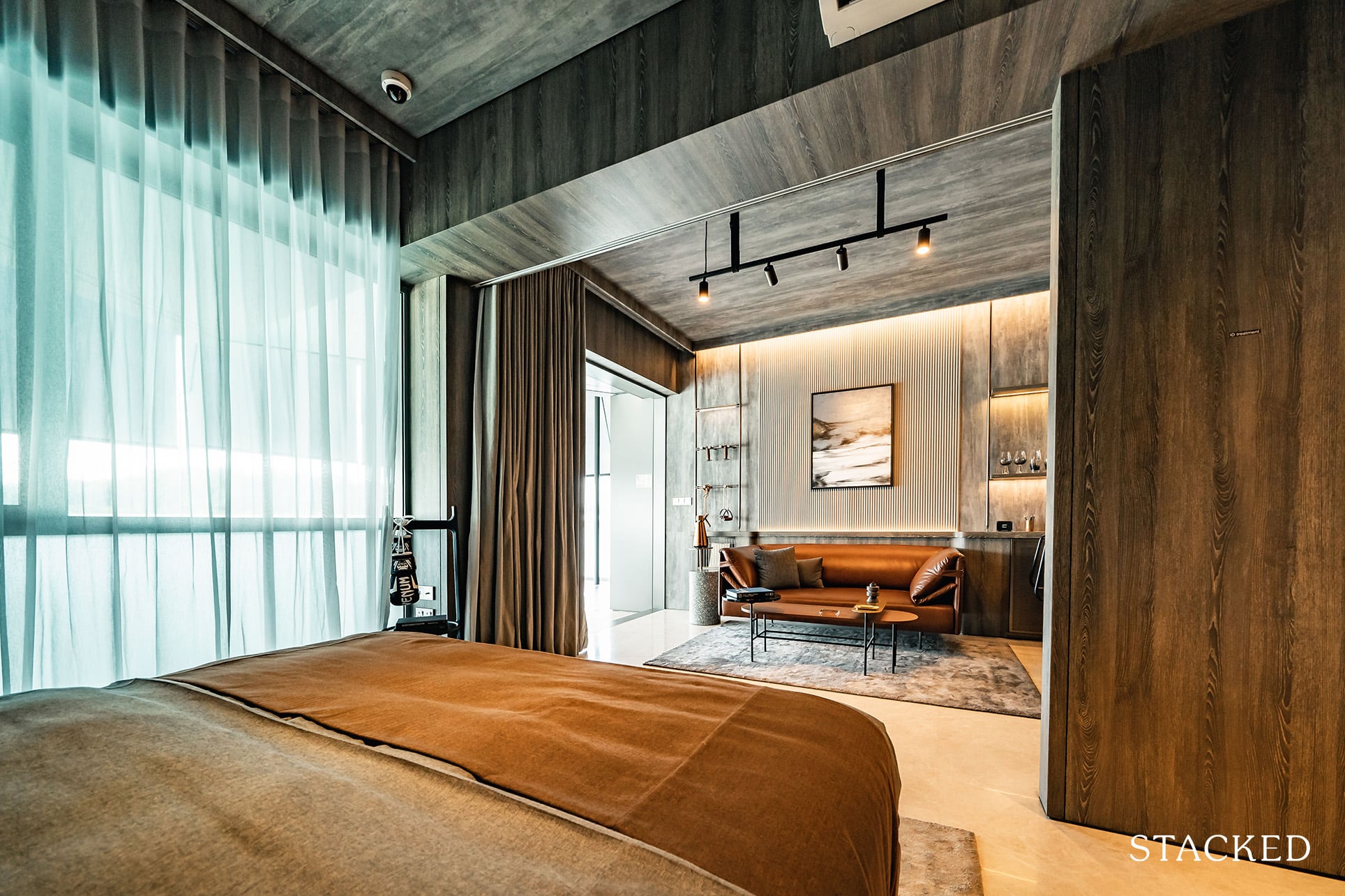
Maybe you’re not interested in waiting till you’re 35 to get an HDB flat; or maybe you’re ready to start investing in property already. Either way, with the recent surge of low-quantum properties, there’s a growing number of single Singaporeans who can now afford a private home.
This has led to an increasingly common question: is it a good idea for singles to start with a private condo? And what are some of the less apparent risks besides affordability? For those of you making this decision, these are the key factors to know about:
What are the key concerns of buying private property when single?
- Affordability concerns
- Financing and initial cash outlay
- Subsequent restrictions on the next home
- There’s no MOP but there is SSD
- Think twice about who you rope in
1. Affordability concerns
The most common question we get is “would I be spending too much?”
Let’s start with the closest thing to an official answer: if we go by CPF standards, affordability can be maintained by following the 3-3-5 rule. This means that:
- You have 30 per cent of the initial asking price as capital
- The monthly mortgage should not exceed 30 per cent of your monthly income
- The quantum of the property should not exceed five times your annual income
We can tell you that, on a practical basis, this is very restrictive; and few singles would qualify for a condo as a first home. For example, consider the average price of a shoebox (500 sq.ft.) unit in Singapore, as of end-2020:
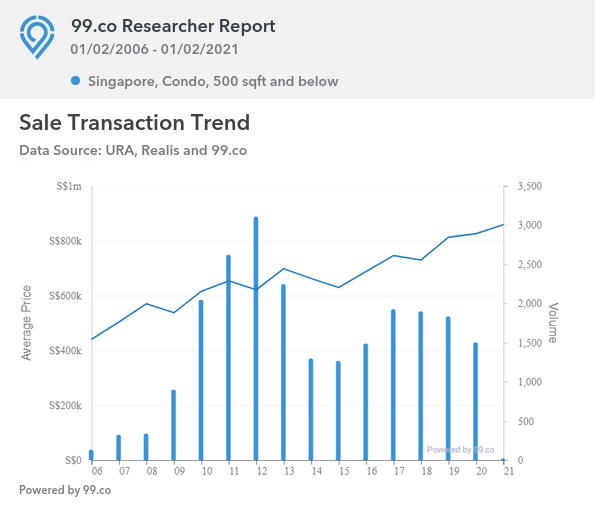
In December 2020, private non-landed homes of 500 sq.ft. or under averaged $825,805.
Using the 3-3-5 rule, this would mean you need:
- Approx. $247,750 in capital (cash + CPF Ordinary Account savings)
- Monthly loan repayments of approx. $2,419, meaning an income* of at least $7,257 per month (assumes a maximum loan of around $619,354, at 1.3 per cent per annum for 25 years).
- You would need to make at least $165,161 per year, to keep to the cap of five times your annual income. This would imply earning over $13,763 per month, much higher than the previous point suggests.
*Exclude bonuses when calculating your monthly income for these purposes. For those working on commissions or who have variable income, we suggest counting your monthly income as being 30 per cent lower; this is also the same measure that banks will take when considering your loan application.
As an alternative, here’s what you might consider affordable:
The limit of five times your annual income seems to be written for those who have co-buyers; it’s a bit excessive for individual buyers.
That said, we agree that the mortgage should be kept to 1/3 of your monthly income (this would, in fact, be mandatory under the Mortgage Servicing Ratio if you were buying HDB property).
However, we would say all monthly recurring costs including the mortgage should be kept to 1/3 of your income. For example, you should add the maintenance fees, taxes, and utilities.
So if the total monthly costs come up to $3,000, you could consider the unit affordable if you earn a stable $9,000 a month.
In addition to this, you should have a savings fund, which can service the home loan for at least six months; this is to prevent fire sales, if you cannot afford the loan repayments for any reason.
As said, these are general guidelines only – some might find these too safe to keep within. Do speak to a qualified financial planner for more detailed help, such as if you’re a single parent, have medical conditions, etc. Your financial situation may change the parameters of affordability.
We have several lists of homes that fall under $1 million, and you can also contact us directly to find something that suits your budget.
2. Financing and initial cash outlay
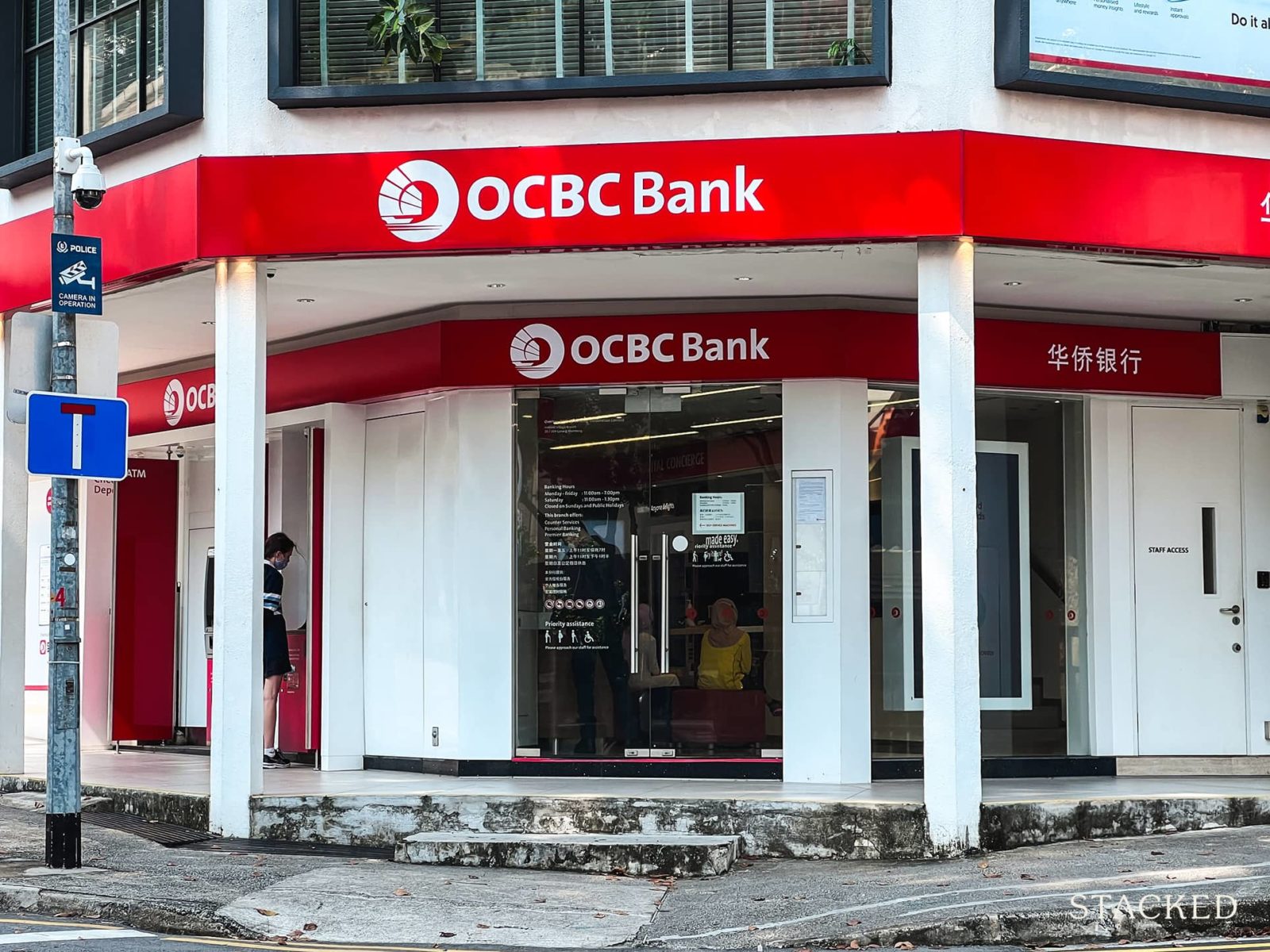
As you’ll be using a bank loan for a private property, we suggest you check out our guide on this.
As a quick reference, note that you need to have five per cent of the purchase price in cash; another 20 per cent can come from cash or CPF, and the maximum loan possible is 75 per cent of the property price or value (whichever is lower).
Do note that you cannot borrow to cover the down payment; you must have it in the bank already.
According to mortgage brokers we’ve spoken to, some banks are more stringent when it comes to young singles (age 25 and below) who have no co-borrowers. As such, it’s more important to maintain a good credit score.
Pay down any existing debts in the 12 months prior to loan application if possible. If you have never used any loans before, consider taking a small loan – at least $1,000 – and then paying it back on time, to get the best credit score.
Note that having no credit score at all, or a grade of Cx, can also reduce your chances of loan application; this is because the bank has insufficient data to determine your credit risk. However, this is easily rectified, and still better than having a bad credit score.
3. Subsequent restrictions on the next home
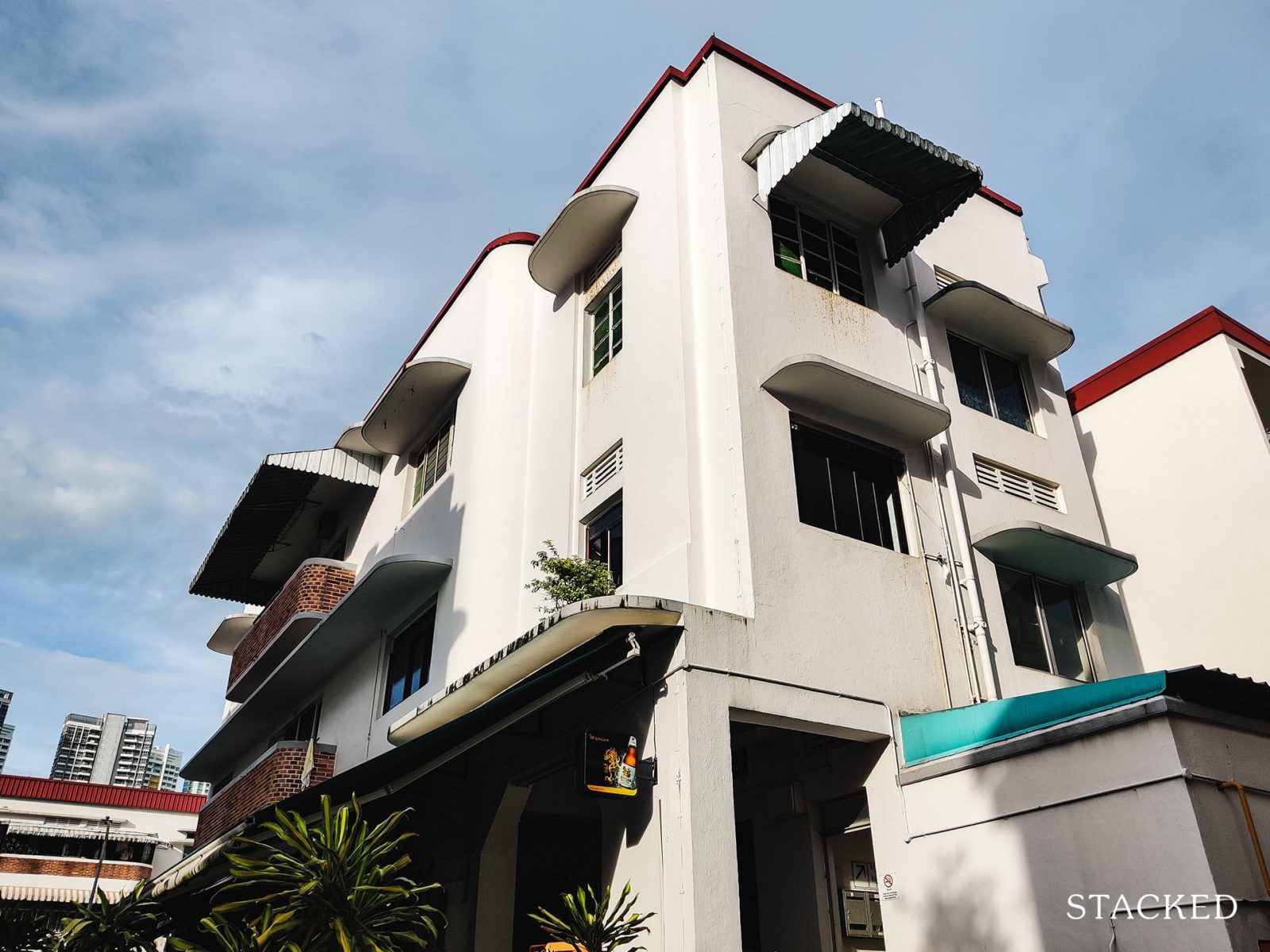
Bear in mind that you cannot purchase an HDB property while still holding on to your private home. This can be an impediment, if there are changes to your lifestyle or marital status later.
A common example of this is if you were to purchase a shoebox unit first. A few years later, when you get married, you find there’s insufficient space to raise a family; and you also don’t have the means to purchase a larger condo unit.
This can leave you in a conundrum, as you cannot also purchase an HDB flat while you still own the shoebox. It can result in having to offload the private property in a bad market, or in being forced to delay your family planning.
Also, remember that you must wait 30 months after selling the private property, if you later want to buy a BTO flat. This often means that, if you later need to sell the private home for a bigger flat, you will end up having to buy a resale unit.
As such, we advise against buying single-bedders as your first home, especially if there’s a chance you may get settled down / start a family etc. in the next few years.
If you’re buying purely for investment, ensure you have an exit strategy when it’s time to get your own home.
It’s not uncommon for some singles to buy a small private property to rent out, while still living with parents. This is a viable investment strategy; however, it must be accompanied with an exit plan.
Make sure to decide:
- Whether you will eventually move into the private property, or will sell it and purchase something else with the gains
- When and how you’ll sell the unit (again, remember that life changes such as marriage could disrupt these plans)
- How you’ll manage monthly repayments, if you use it as a home and lose the rental income
We suggest choosing a property that can double as both investment as well as a genuine home, in case you end up needing it as such.
We provide expert consultations on whether this is a suitable method for you, so do contact us for help.
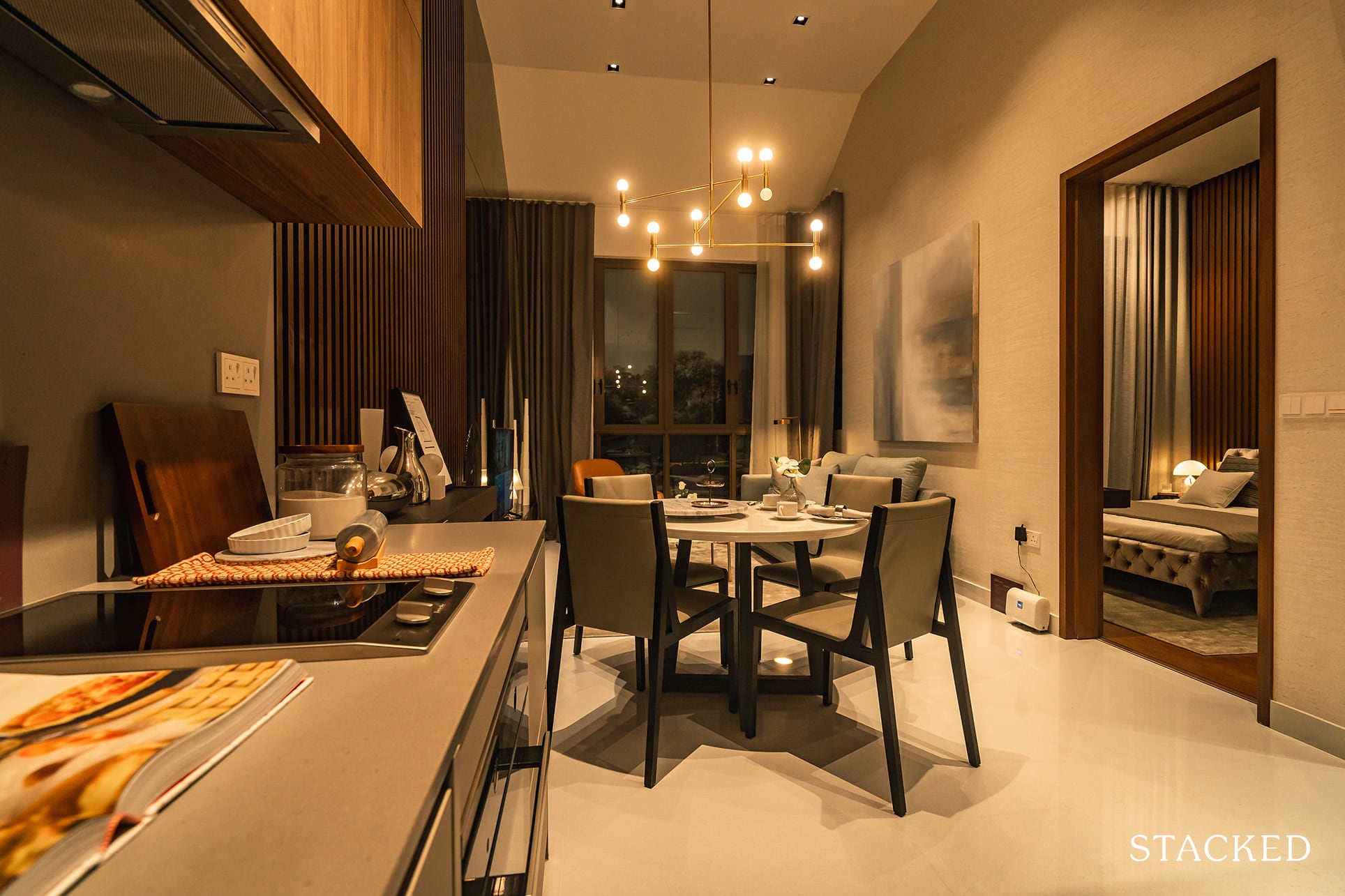
Property Market CommentaryAn Analysis Of 5 Shoebox Units Floor Plans From An Architecture Student
by Celine H4. There’s no MOP, but there is SSD
You’ll often be sold on the advantage of “no Minimum Occupation Period”, which means you don’t need to wait five years to resell or rent out the whole unit. This is often described as offering you more flexibility.
In practice, there is still a restriction in the form of the Sellers Stamp Duty (SSD). This is a tax on the sale proceeds, if you sell within the first three years of buying. This is:
- 12 per cent if you sell on the first year
- Eight per cent on the second year
- Four per cent on the third year
As such, there’s still a risk of loss if – within the SSD period – you can’t service the mortgage, or want to start a family and must sell it off for a bigger unit.
While three years is a shorter time than the MOP, singles shouldn’t assume they can “just sell if anything goes wrong”. This can lead to significant financial damage, as it’s rare for properties to appreciate sufficiently to cover the SSD in such a short time.
As an aside, some singles like to look at older properties, such as walk-up apartments or ageing condos, which tend to have a lower quantum. While these are more affordable, note that an en-bloc sale still incurs the SSD (yes, you really do have to pay 12 per cent SSD if the property goes en-bloc the year you bought it).
As such, you may want to avoid property where en-bloc attempts are ongoing, or are near success.
5. Think twice about who you rope in
For singles who choose to buy private, it’s common to rope in friends, siblings, or parents as a co-buyer.
If you choose to do this, remember your co-owner has as much right over the property as you do. This is regardless of whether you’re joint tenants, or a tenancy-in-common where you own 99 per cent.
Owning more of the property will not give you the right to unilaterally decide to sell it, you can only sell the percentage that you own. And if you’re joint tenants, you can’t sell at all, unless your co-owner agrees.
This can lead to uncomfortable situations, such as if you want to retain the property for rental income, but your co-owner is in financial difficulty and wants to sell.
For this reason, we’d advise that you be very picky over who you buy the property with. Take the affordability parameters discussed in point 1, and apply them to your co-owners as well.
Remember that banks are less lenient than HDB. They are businesses with different obligations (HDB’s job is to keep you housed, banks have shareholders to answer to). There will be much less leeway, if your co-borrower – be it a spouse, parent, or friend – can’t pay the mortgage.
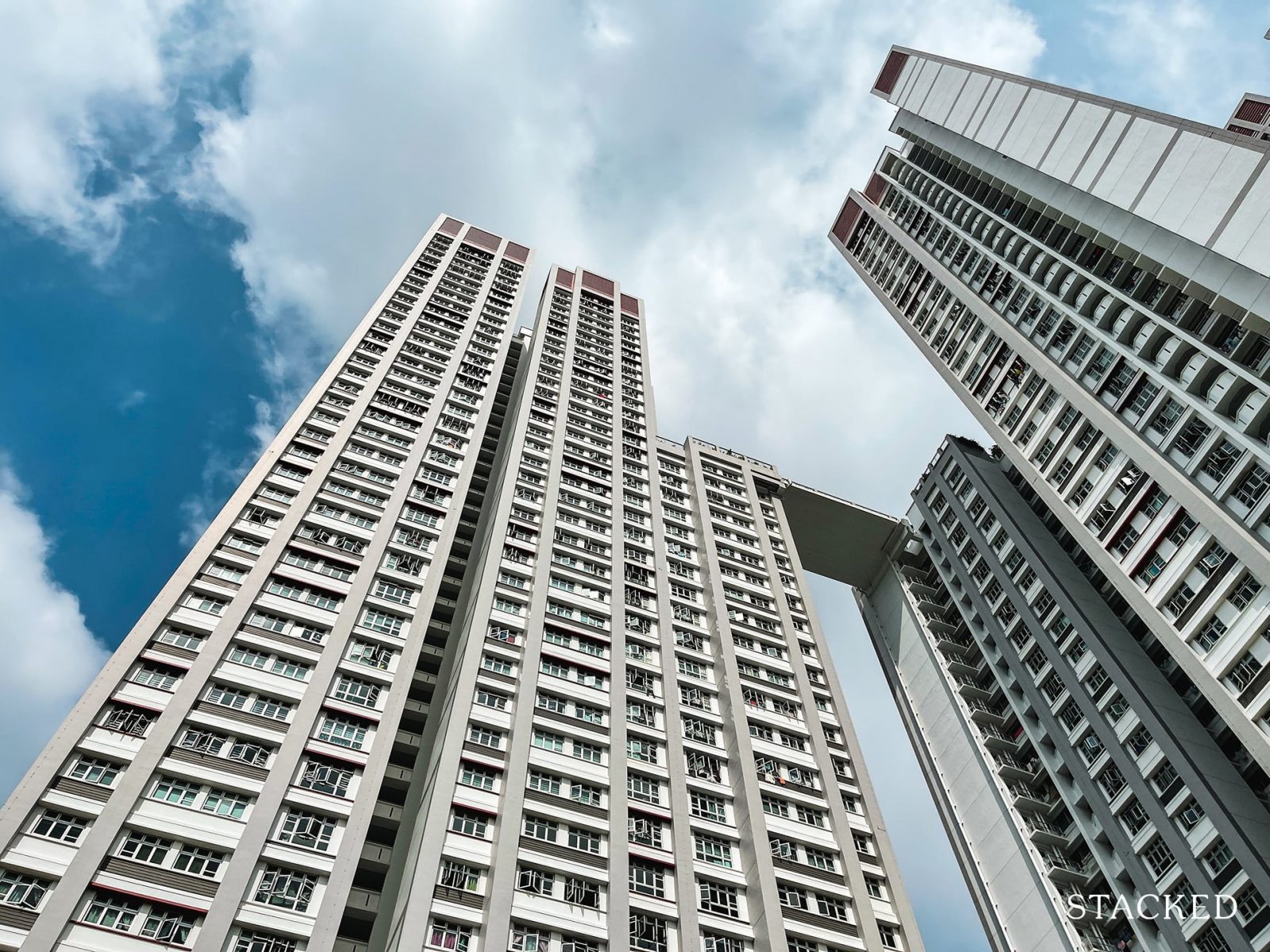
Ultimately, if you’re uncertain, opt for a resale flat first
Despite the five-year MOP, a resale flat can be more forgiving to first-time home buyers. You’re unlikely to end up in a position where you can’t afford the repayments, HDB can extend a helping hand (edit: if you take on an HDB loan instead of a bank loan) in a worst-case scenario, and for the price of a private home you could easily buy a 5-room flat (definitely enough to raise a family in).
You can even choose to retain the flat and buy a private property after the MOP, which may be another reason not to rush.
If you’re a high-income earner, note that there’s no income ceiling on resale flats.
If you’re certain about getting a private property right off the bat however, check out Stacked for in-depth reviews of what’s available. We can also update you on the latest launches and market trends, be it for home ownership or investment.
At Stacked, we like to look beyond the headlines and surface-level numbers, and focus on how things play out in the real world.
If you’d like to discuss how this applies to your own circumstances, you can reach out for a one-to-one consultation here.
And if you simply have a question or want to share a thought, feel free to write to us at stories@stackedhomes.com — we read every message.
Ryan J. Ong
A seasoned content strategist with over 17 years in the real estate and financial journalism sectors, Ryan has built a reputation for transforming complex industry jargon into accessible knowledge. With a track record of writing and editing for leading financial platforms and publications, Ryan's expertise has been recognised across various media outlets. His role as a former content editor for 99.co and a co-host for CNA 938's Open House programme underscores his commitment to providing valuable insights into the property market.Need help with a property decision?
Speak to our team →Read next from Property Advice

Property Advice We Can Buy Two HDBs Today — Is Waiting For An EC A Mistake?

Property Advice I’m 55, Have No Income, And Own A Fully Paid HDB Flat—Can I Still Buy Another One Before Selling?

Property Advice We’re Upgrading From A 5-Room HDB On A Single Income At 43 — Which Condo Is Safer?

Property Advice We’re In Our 50s And Own An Ageing Leasehold Condo And HDB Flat: Is Keeping Both A Mistake?
Latest Posts

Overseas Property Investing Savills Just Revealed Where China And Singapore Property Markets Are Headed In 2026

Singapore Property News The Unexpected Side Effect Of Singapore’s Property Cooling Measures

Property Market Commentary We Review 7 Of The June 2026 BTO Launch Sites – Which Is The Best Option For You?





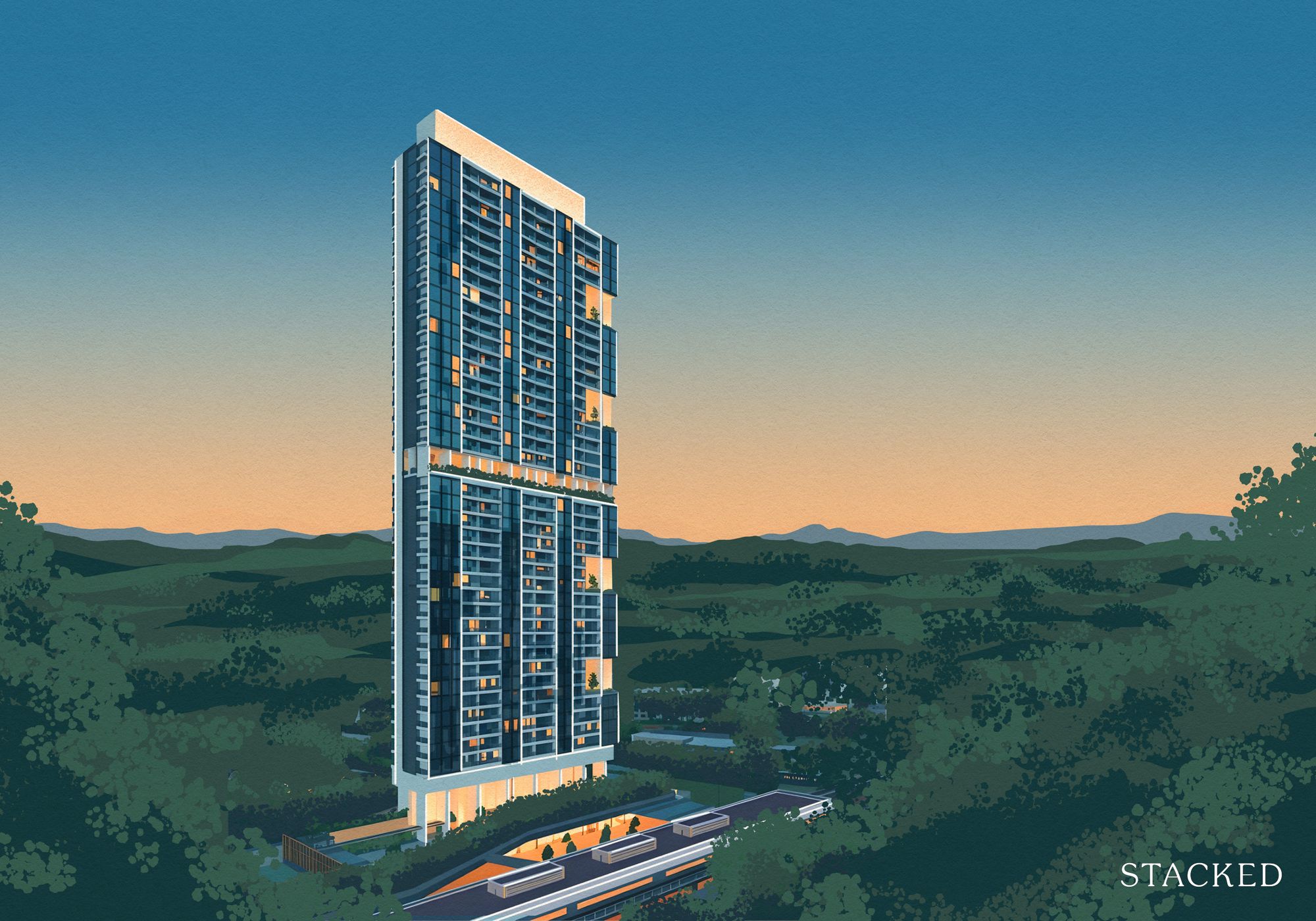




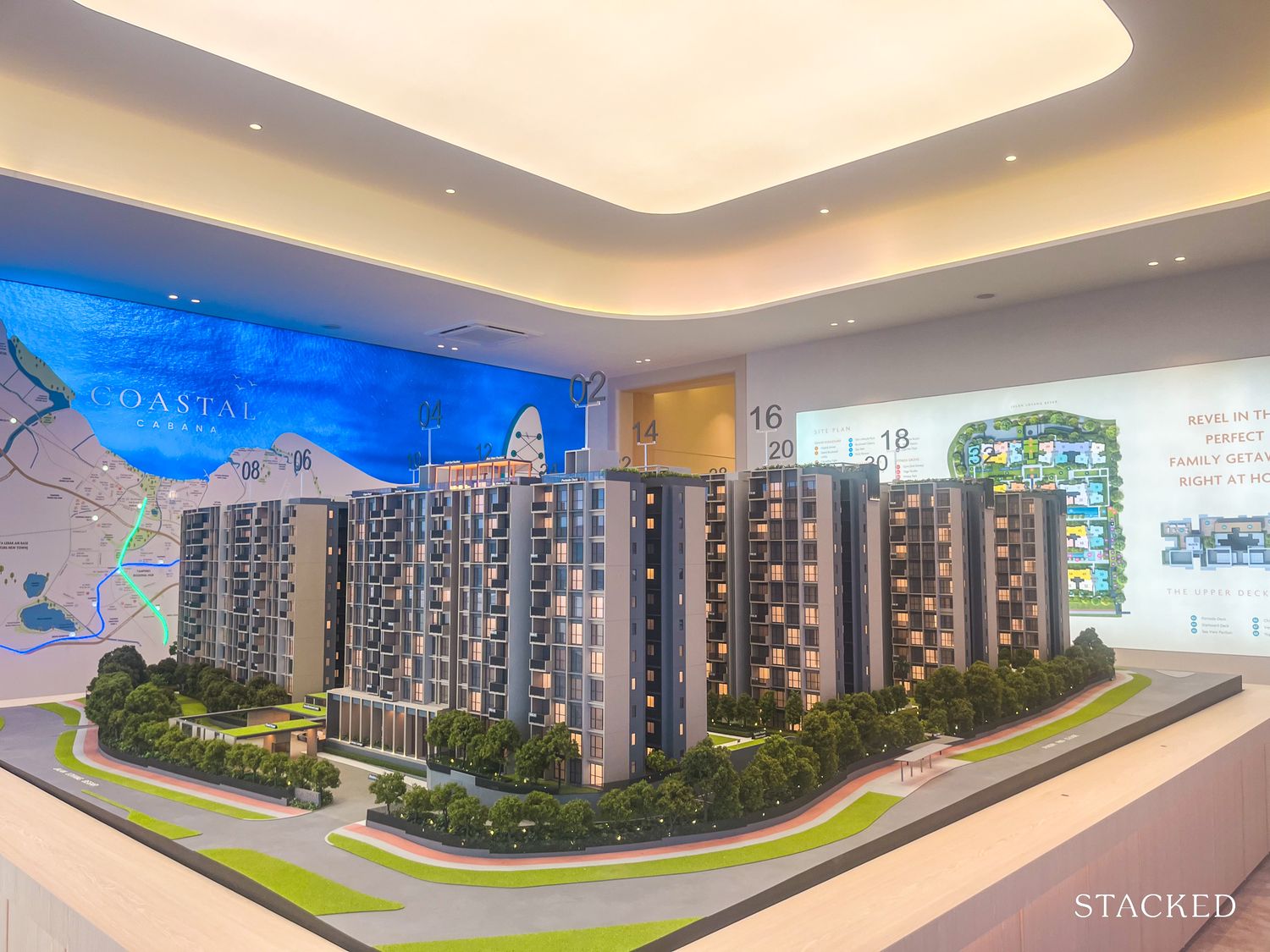






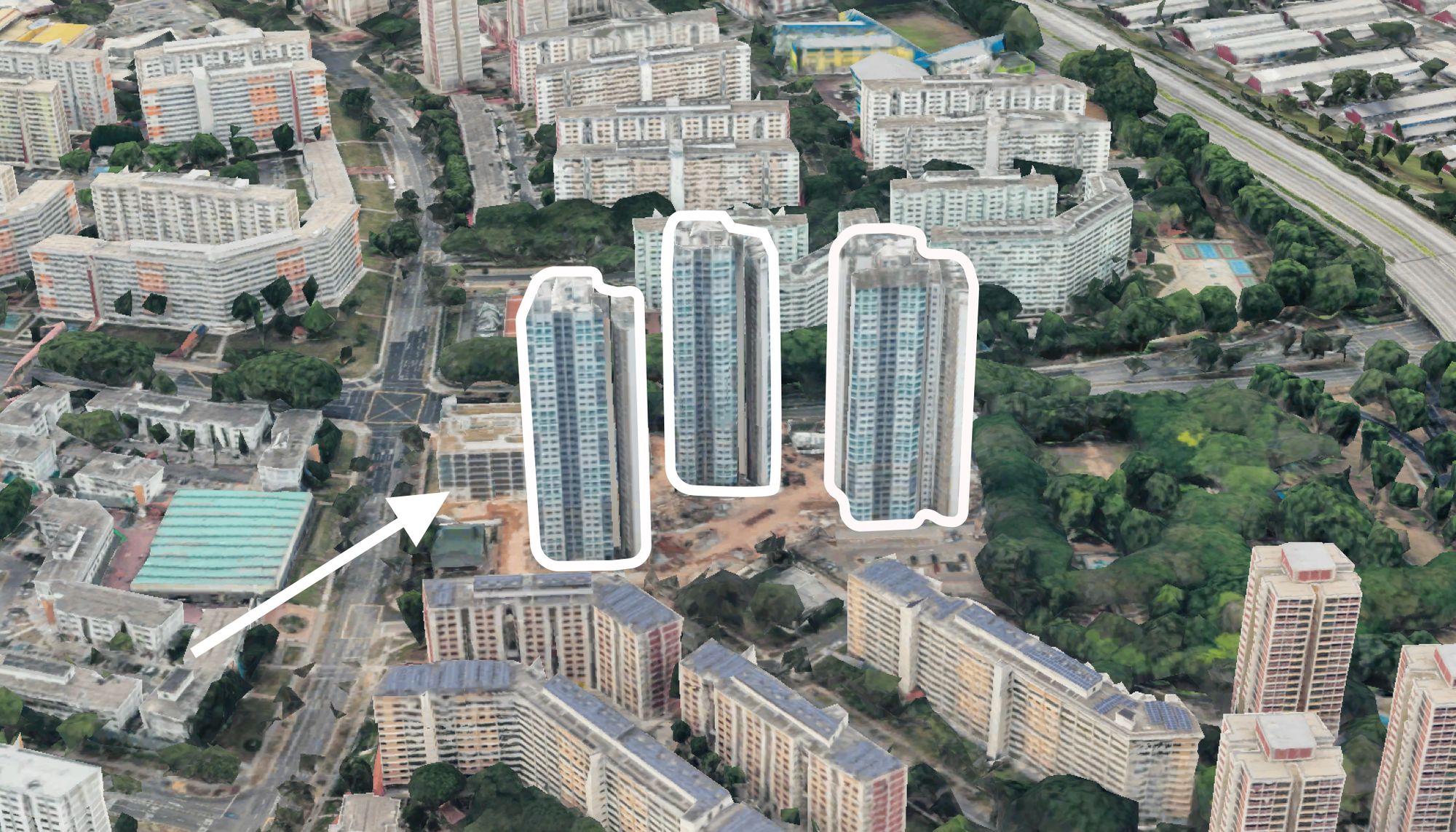
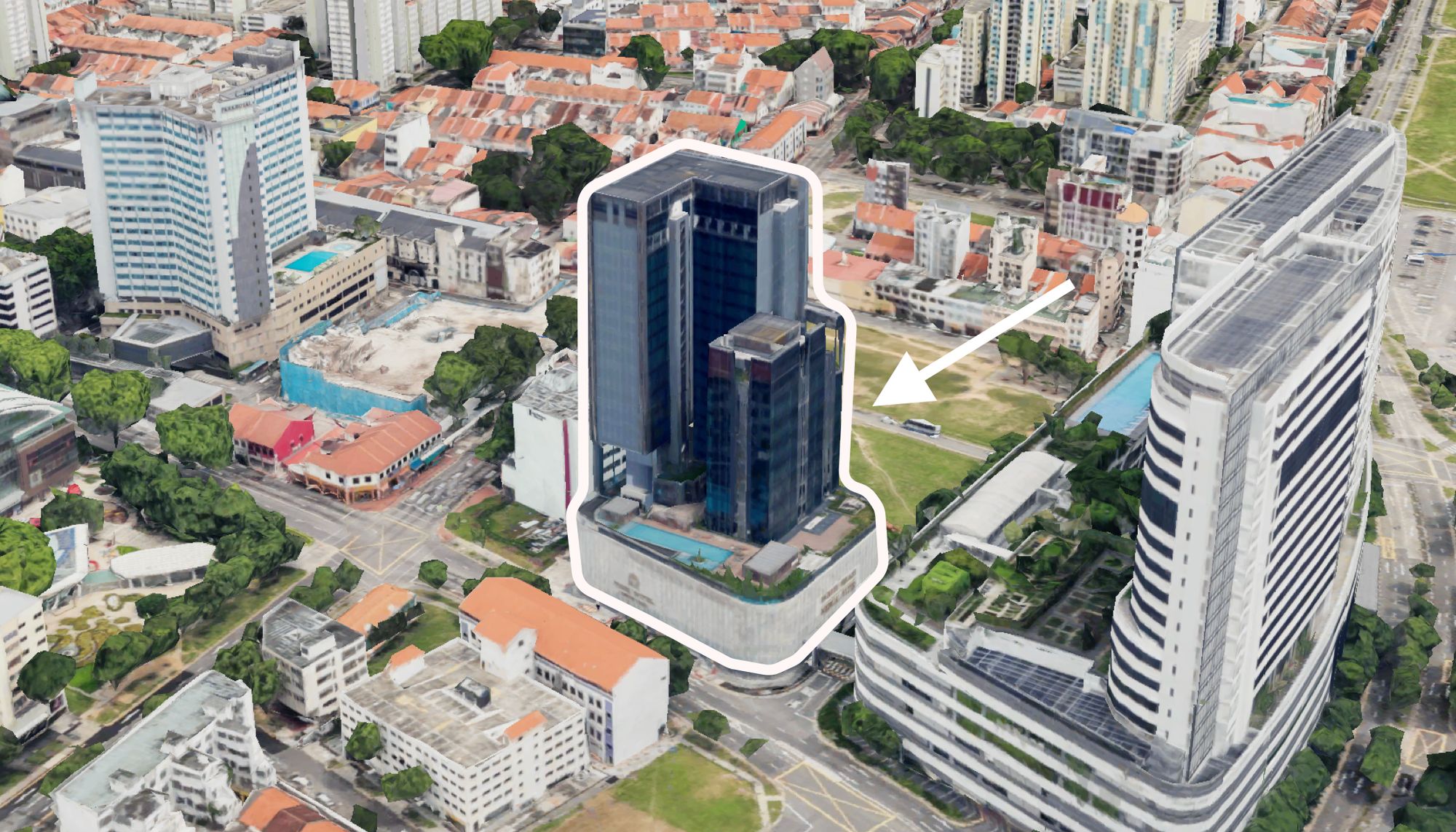
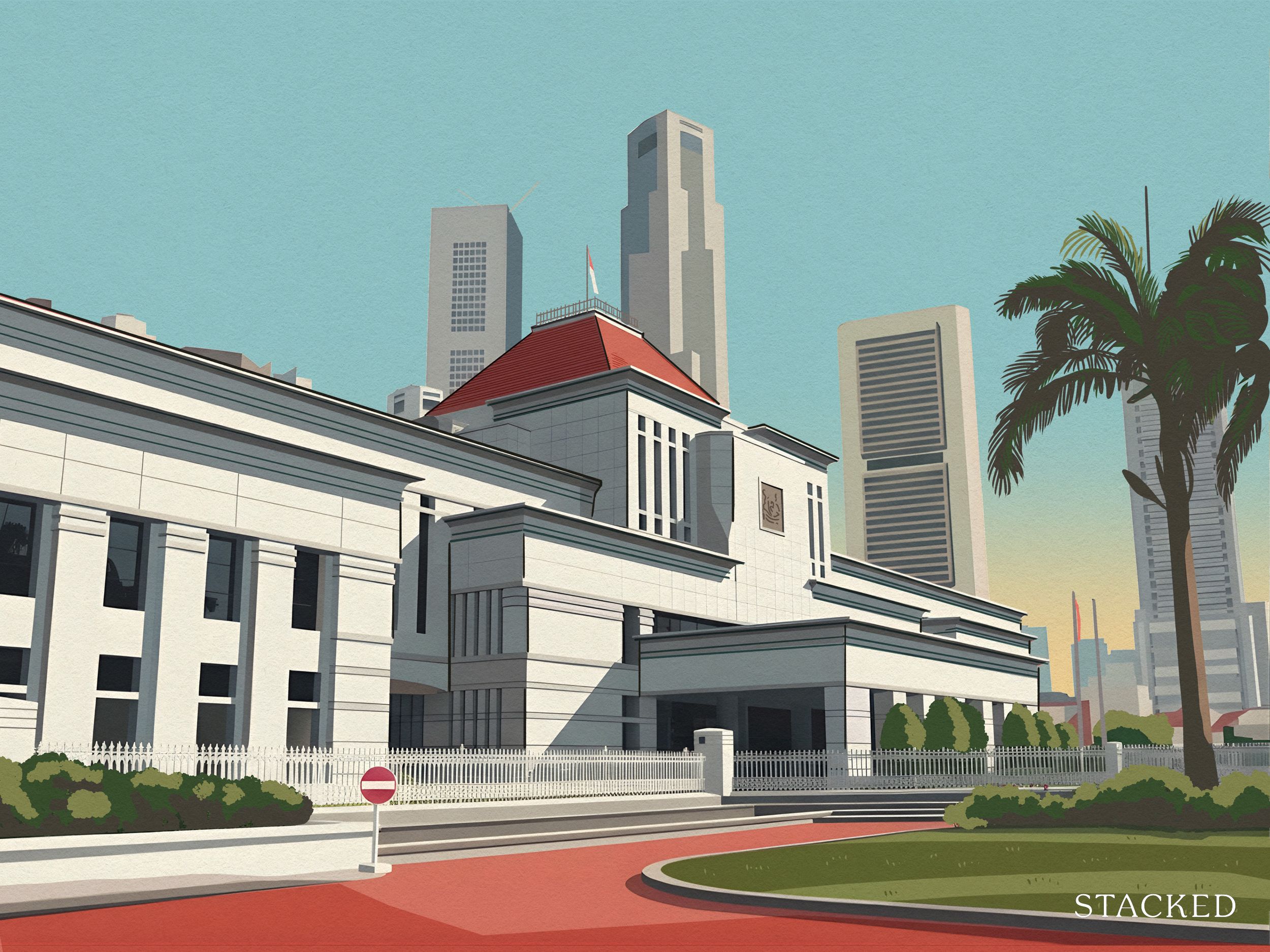
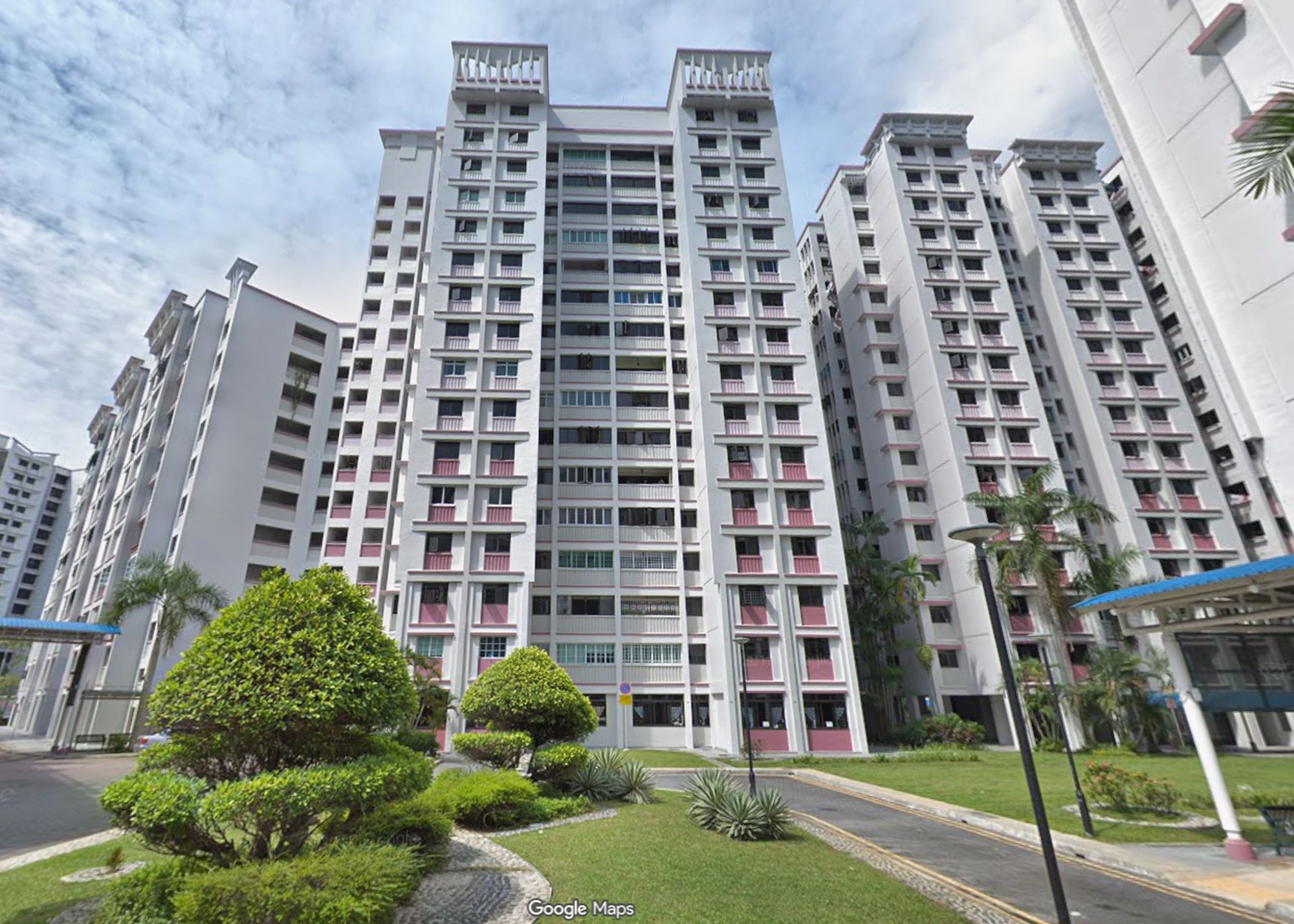









2 Comments
In the last paragraph, you mentioned that HDB can extend a helping hand in a worst-case scenario. This however only applies to singles who are eligible for HDB Loan, with a gross monthly income of less than S$7,000. You might want to include this point in the “If you are a high-income earner” bit. I also wonder if this changes the concluding picture though.